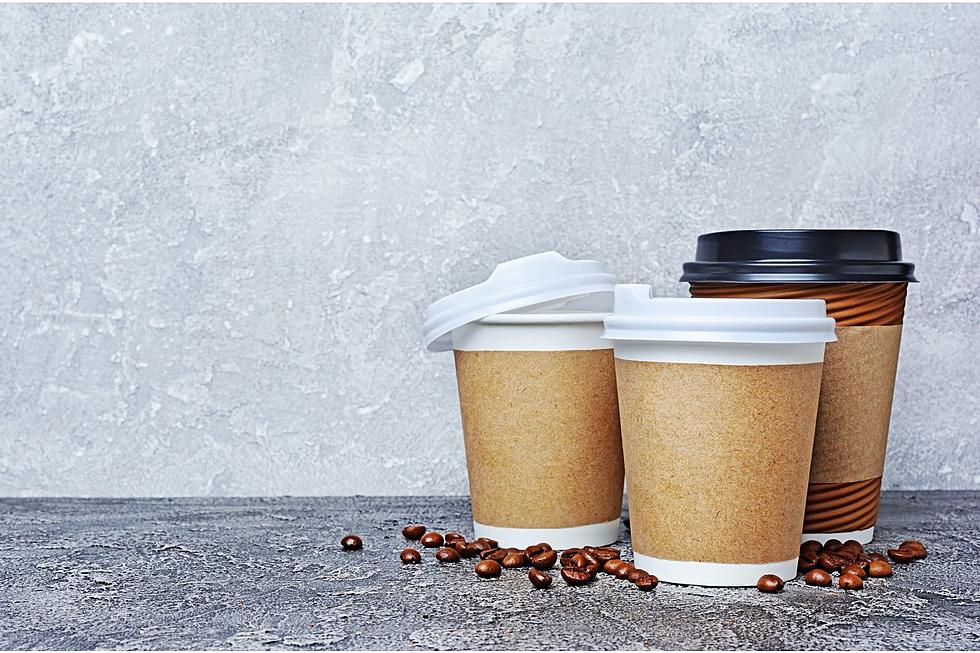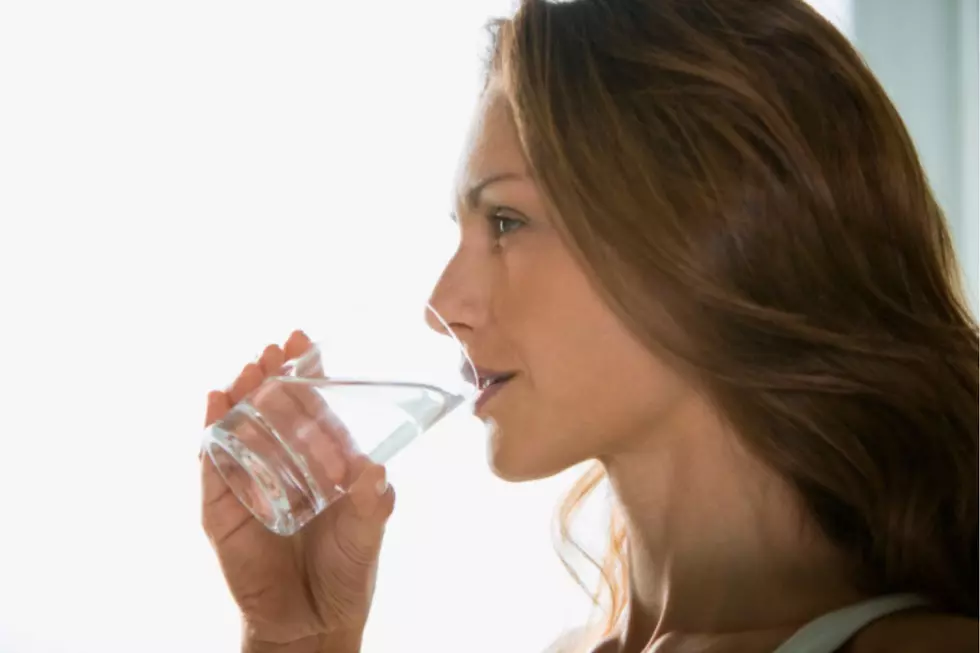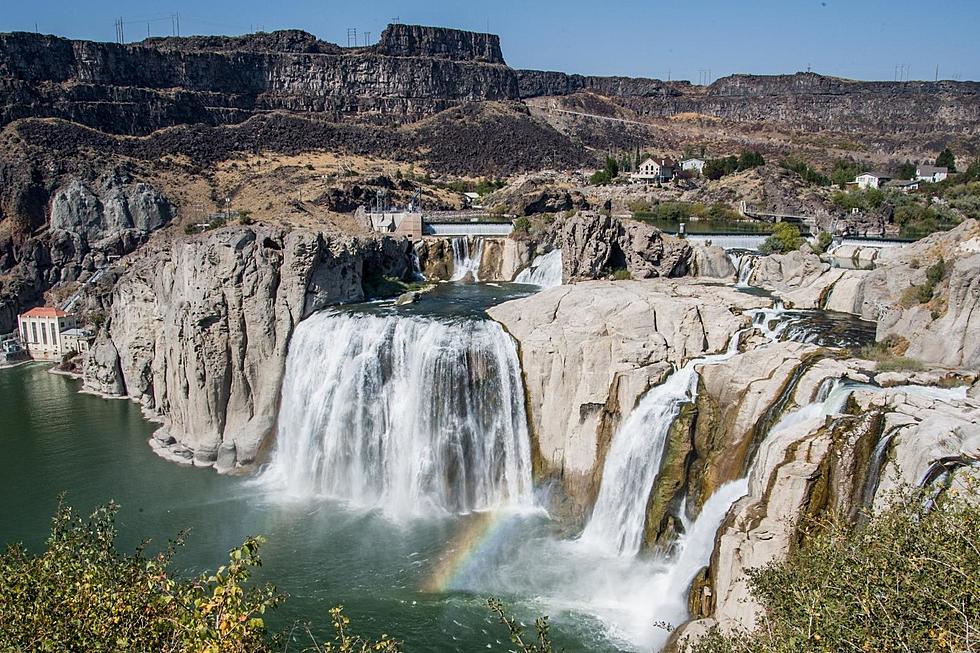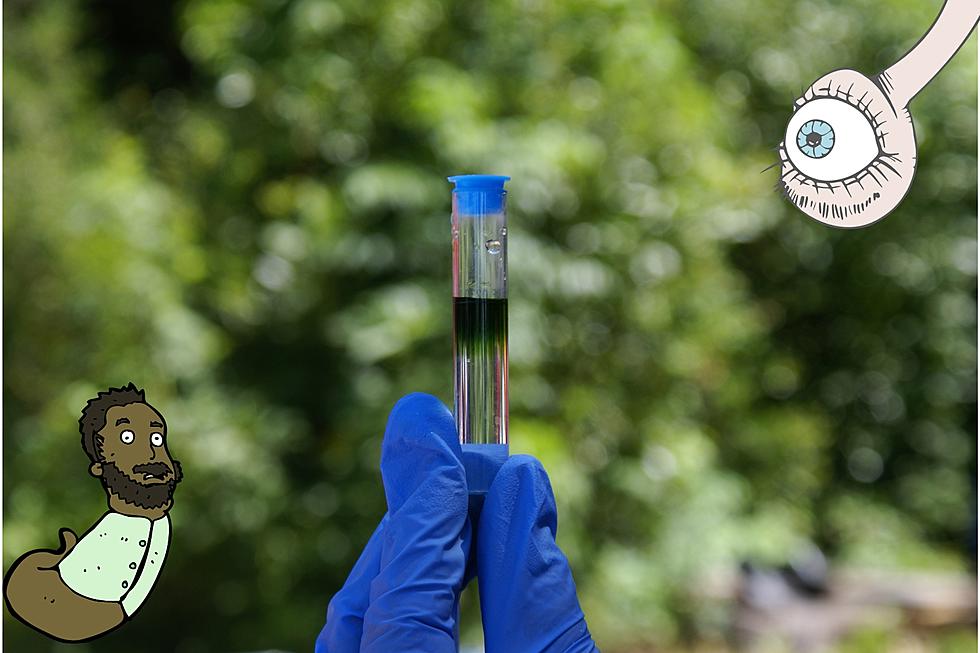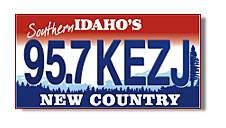
My Serious Brush With Dehydration
How many times have you heard the old saying that you need "eight glasses of water a day?" Turns out that isn't exactly true, but it's not too far off either.
Here's my true story that ended in the St. Luke's Emergency Room last Saturday.
For the past two weeks I had been feeling under the weather. I thought I had picked up a summer cold, or even that my allergies were through the roof. But it turns out it was something completely different.
I was dehydrated.
Dehydration Symptoms From the Mayo Clinic:
Mild to moderate dehydration is likely to cause:
- Dry, sticky mouth
- Sleepiness or tiredness — children are likely to be less active than usual
- Thirst
- Decreased urine output — no wet diapers for three hours for infants and eight hours or more without urination for older children and teens
- Few or no tears when crying
- Dry skin
- Headache
- Constipation
- Dizziness or lightheadedness
Severe dehydration, a medical emergency, can cause:
- Extreme thirst
- Extreme fussiness or sleepiness in infants and children; irritability and confusion in adults
- Very dry mouth, skin and mucous membranes
- Lack of sweating
- Little or no urination — any urine that is produced will be dark yellow or amber
- Sunken eyes
- Shriveled and dry skin that lacks elasticity and doesn't "bounce back" when pinched into a fold
- In infants, sunken fontanels — the soft spots on the top of a baby's head
- Low blood pressure
- Rapid heartbeat
- Rapid breathing
- No tears when crying
- Fever
- In the most serious cases, delirium or unconsciousness
Unfortunately, thirst isn't always a reliable gauge of the body's need for water, especially in children and older adults. A better indicator is the color of your urine: Clear or light-colored urine means you're well hydrated, whereas a dark yellow or amber color usually signals dehydration.
I was somewhere between moderate and severe dehydration when I landed in the Emergency Room. I was drinking fluids, but the wrong kind: coffee, energy drinks, soda. These contain high amounts of salt and caffeine and were actually dehydrating me worse.
When to see a doctor
If you're a healthy adult, you can usually treat mild to moderate dehydration by drinking more fluids, such as water or a sports drink (Gatorade, Powerade, others).
Get immediate medical care if you develop severe signs and symptoms such as extreme thirst, a lack of urination, shriveled skin, dizziness and confusion.
How Much Water Should I Drink?
It took a while to get me back on the right path. Dr. Larsen at the St. Luke's Emergency Room told me that we should be drinking at least a liter of water a day, two if you're out in the heat a lot, and even more if you're dehydrated.
Or, you can get your fluids like I did in the Emergency Room. Your choice.
More From 95.7 KEZJ
